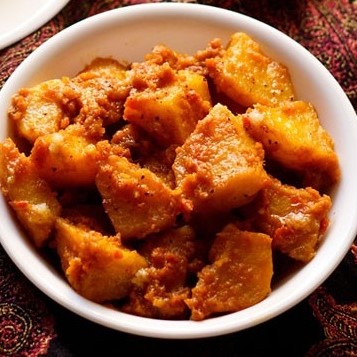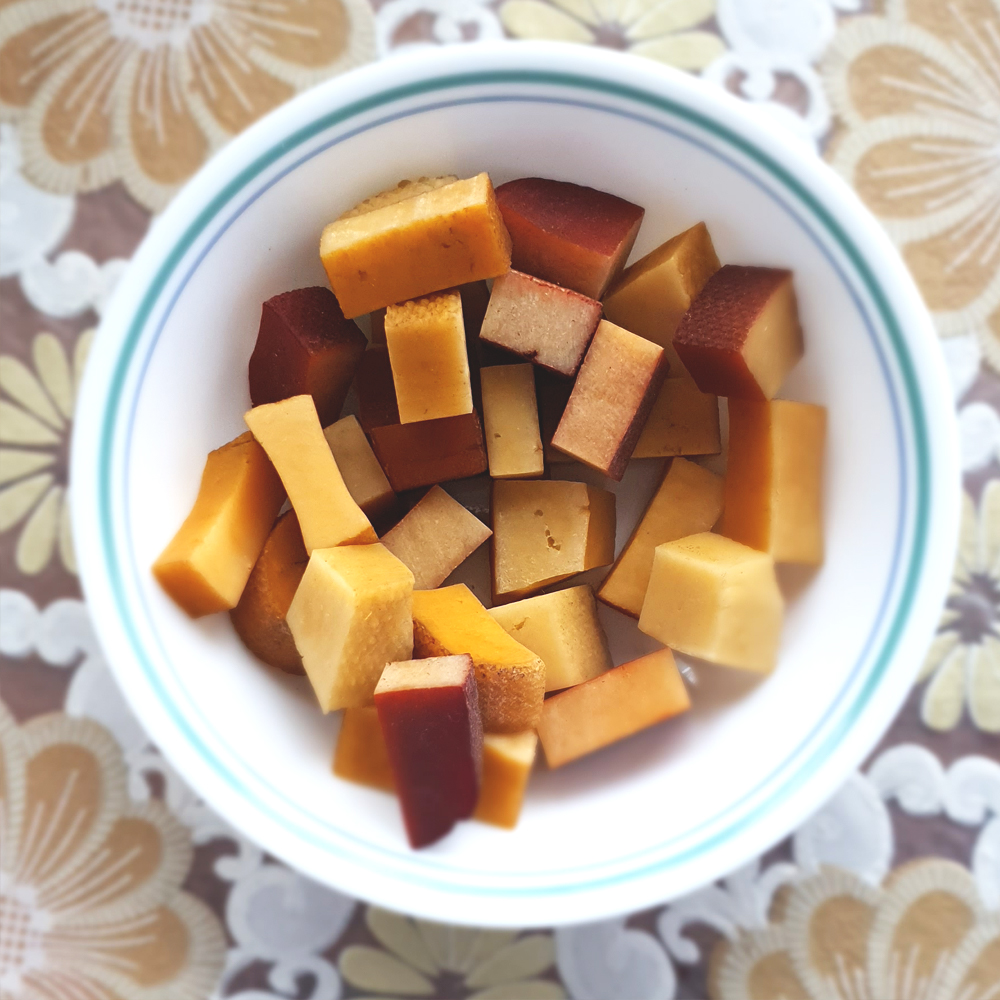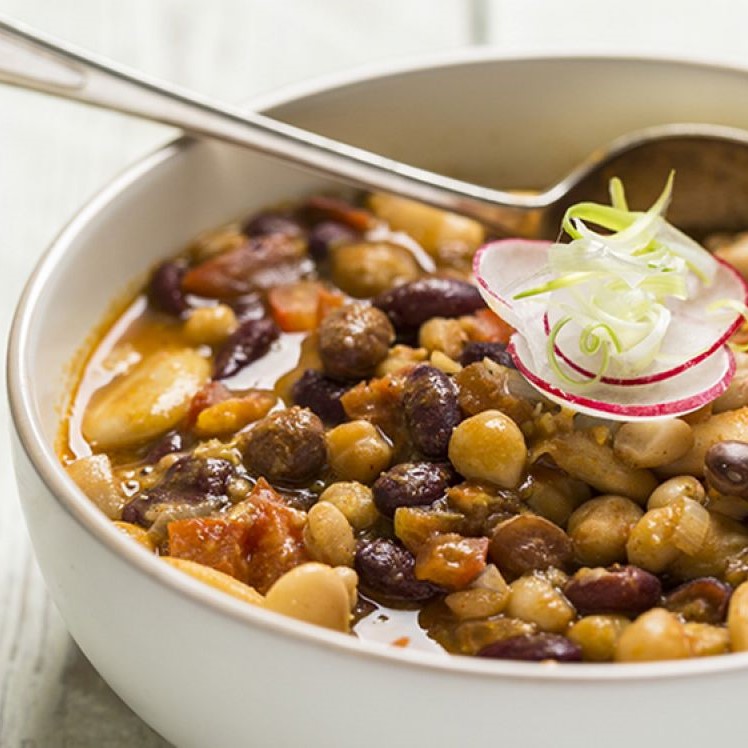Happy Valley Tea Estate
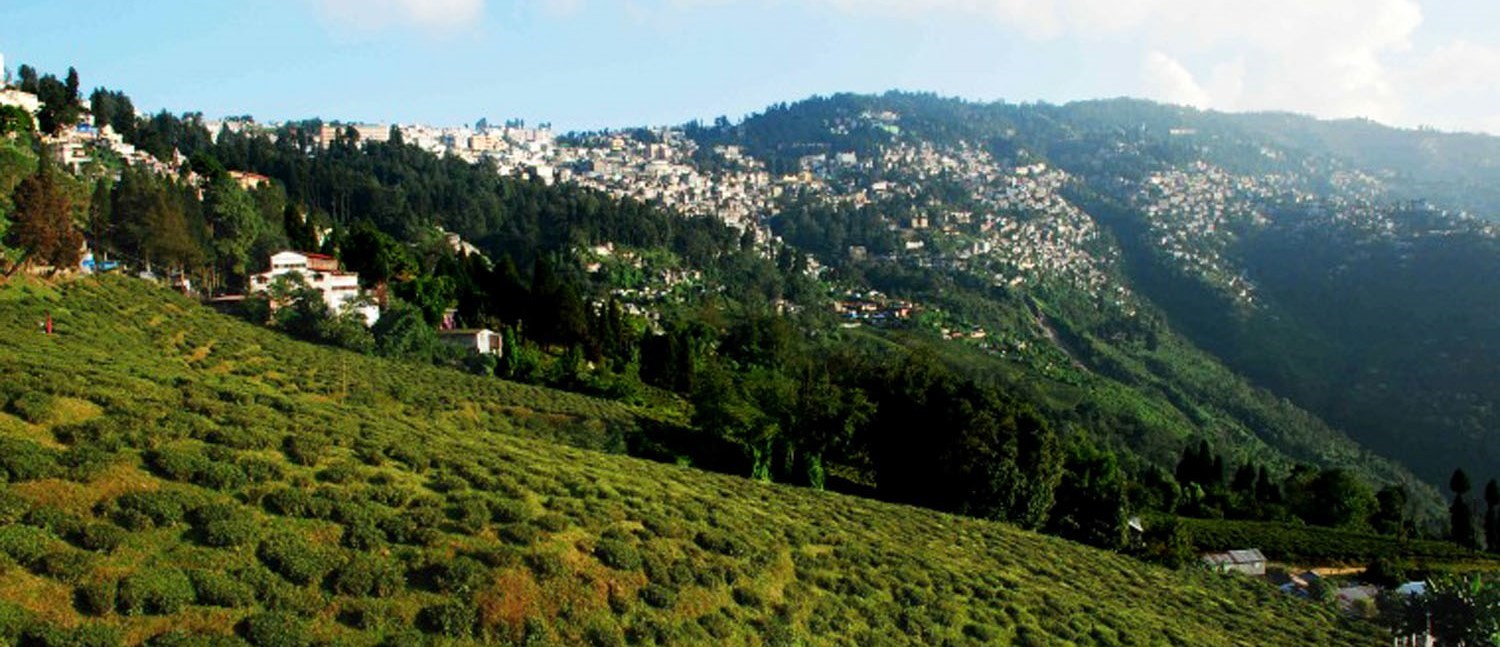
Happy Valley Tea Estate
The Happy Valley Tea Estate in Darjeeling is a wonderful land spread of about 437 acres at a magical altitude of 6,800 feet, growing some of the best shrubs of this delightful drink in the world. It is the second-oldest tea estate in Darjeeling's tea-rich town, with roots in the cultivation and production of the world-famous Darjeeling Tea. The Happy Valley Tea Estate is a must-see site for travellers visiting Darjeeling since it gives a natural beautiful perspective of the Himalayan foothills with a breathtaking aspect. Due to its elegant beauty surrounded by hundreds of acres of Tea Gardens, fascinating weather, open clouds, and wonderful Aroma of high-quality tea being made, nature lovers would find it difficult to leave the place even after spending hours there.
The adoption of organic and biodynamic farming practises demonstrates respect for nature in this lush wonderland. A guided tour of the fragrant factory is available, where visitors can see how fresh tea leaves are withered, rolled, fermented, dried, sorted, and finally graded to produce the various types of tea available on the market, ranging from traditional black and green teas to more exquisite specialty teas like Super Fine Tippy Golden Flowery Orange Pekoe. This tea mix, also known as Black Orthodox Tea, is one of India's finest and most popular tea blends. At Happy Valley Tea Estate, there is also a tea-tasting session where first-timers can learn about the complexities involved in differentiating the many types of tea. The tea items can also be purchased at the estate's shop.
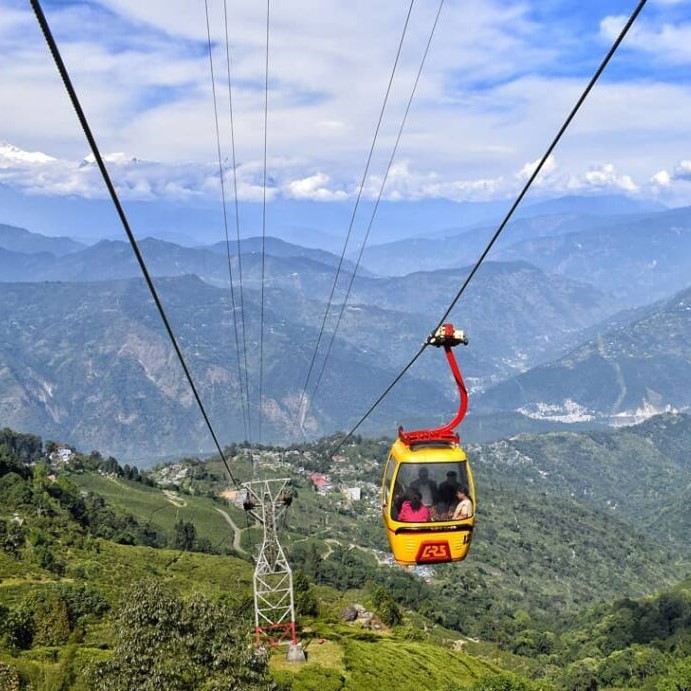
Ropeway

Padmaja Naidu Himalayan Zoological Park

Blue Sheep

Himalayan Wolf
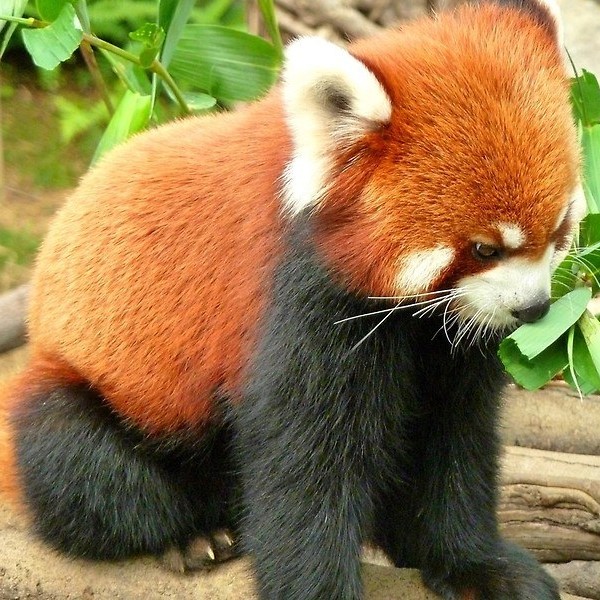
Red Panda

Nightingale Park
David Wilson, an Englishman, founded this magnificent estate during the colonial period in 1854. T P Bannerjee, a wealthy Bengali, purchased it around the turn of the century. Bannerjee purchased the nearby Windsor estate in 1929 and consolidated the two estates to form the Happy Valley Tea Estate.
You will have the opportunity to purchase high quality and organic teas of several sorts during your visit to Happy Valley Tea Garden in Darjeeling. Green tea, black tea, festive teas, specialised tea, herbal infusion tea, and white tea are all examples of high-quality teas. The Super Fine Tippy Golden Flowery Orange Pekoe, often known as SFTGFOP, is the highest quality tea available at the Happy Valley Tea Estate. If you want to buy these teas, you can do so during your tour at the garden where they are available for purchase, or you can buy them in retail packets from the factory boutique.
Book NowHappy Valley Sightseeing

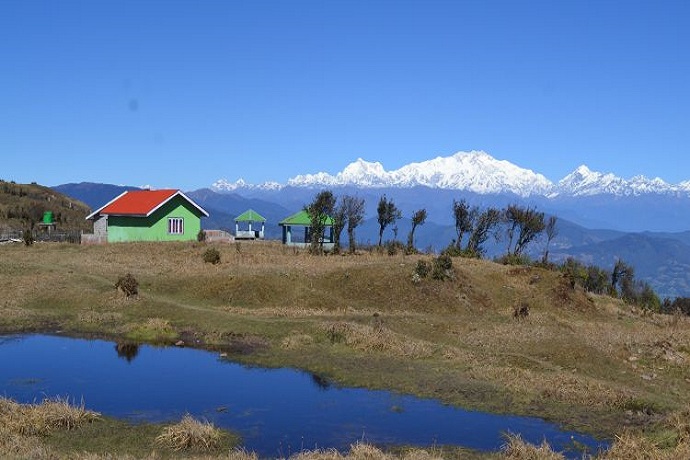
Ashmita Trek and Tours
Ashmita Trek and Tours, situated in Darjeeling, is a renowned trekking company and is proud to be an environmentally responsible tourism and trekking firm. Since 2007, it has provided personalised assistance in the planning and implementation of every holiday excursion. They provide the best holiday and cultural excursions for small or private parties, as well as personalised tour arrangements for your family, friends, student travel groups, and/or an organisation trip.


Ropeway
The Darjeeling Ropeway, India's first cable car system, opened in 1968 to serve the tea gardens in the valleys that were difficult to reach. Today, it is a sought-after tourist destination, attracting thousands of visitors every year to take in the sights and sounds of Darjeeling's natural splendour. Each of the 16 cable cars that run from the North Point in Singamari to the Singla Bazaar, located on the banks of the lovely Ramman river, transports passengers at a height of 7000 feet.


Lloyd Botanical Garden
Lloyd's Botanical Garden is a 'one-of-a-kind' botanical garden that covers around 40 acres of land. Several rare and unusual kinds of fauna can be found in this botanical park. Lloyd's Botanical Garden was established with the goal of preserving the native floral species of the Darjeeling Himalayan hill region, Sikkim, and its surrounding areas. It is also home to a diverse range of exotic vegetation. Alpine plants, arum lilies, geraniums, stunning azaleas, tree ferns, and conifers from Europe are among the collection's highlights, along with hawthorn, blackberry, broom, horse, chestnut, ash, birch, and lilac from China and Japan.


Mahakal Temple
Another incentive to visit Darjeeling is to visit the Mahakal Temple, which is located on Observatory Hill. Mahakal Temple, a magnificent and ancient edifice that stands where a Buddhist Monastery known as 'Dorje Ling' formerly stood, is a stunning blend of Hindu and Buddhist cultures. According to legend, in the year 1782, shiva-lingas representing Brahma, Vishnu, and Maheshwar revealed themselves here. As a result, Darjeeling's Mahakal Temple was born, a renowned and feared religious site amid the picturesque hill station. People from all walks of life visit the shrine in large numbers.
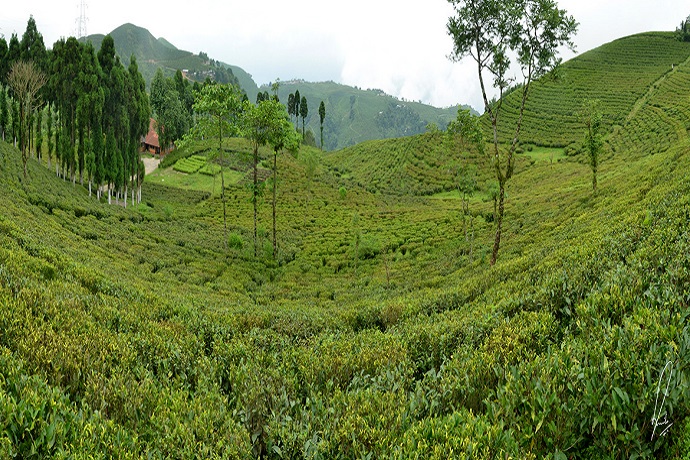
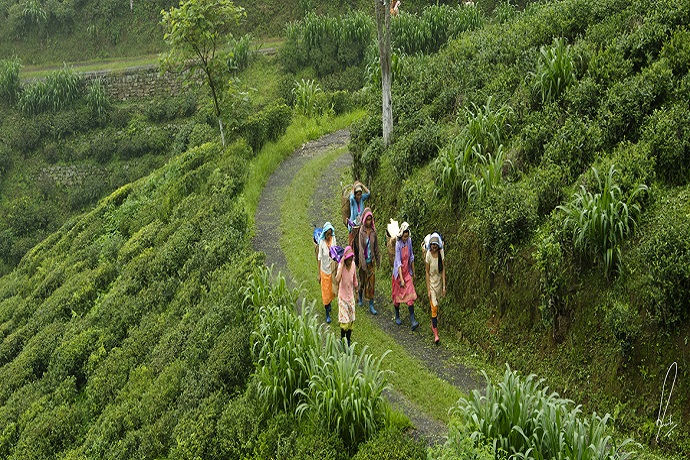
Puttabong Tea Garden
Pattabong Tea Garden, located on Lebong Cart Road, is only 8 kilometres from Darjeeling Town. This Sikkim Tea Garden is located on the state's border. A portion of the tea garden is bordered by the River Rangeet, which adds to the tea estate's vast diversity. The Pattabong Tea Estate is located at an altitude of 1500 to 6500 feet msi and spreads across 22 kilometres, ending in the snow-fed Rangeet river. It overlooks the majestic snow-capped peaks of Mount Kanchenjunga, the world's third tallest mountain range.
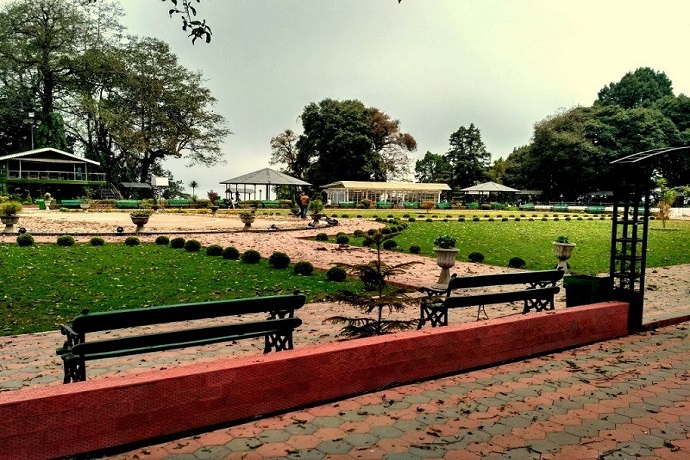

Shrubbery Darjeeling Nightingale Park
The Nightingale Park, located in Darjeeling's mesmerising hill station, is a public park area where tourists and locals can enjoy breathtaking views of the Kanchenjunga peaks. In the middle of lush foliage and gentle winds, it is a great spot to unwind and refresh. During the British era, this park was known as 'The Shrubbery,' as it was a private courtyard of Sir Thomas Tartan's Bungalow. The entry, flanked by a covered archway, leads to pebbled walkways that circle the oval-shaped park.
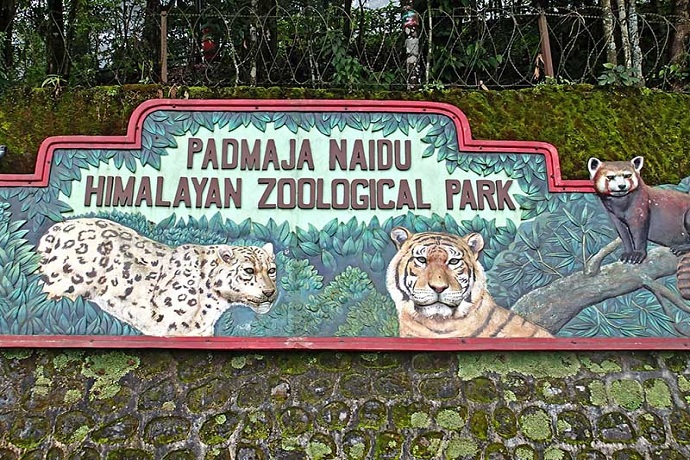

Padmaja Naidu Himalayan Zoological Park
The Padmaja Naidu Zoological Park in Darjeeling is a beautiful enclosure with a diverse collection of animals. This zoo, also known as Darjeeling Zoo, is a haven for all types of animals and a popular destination for animal lovers and nature aficionados. The zoo is well-known for its breeding and conservation activities, and it also houses a snow leopard and red panda breeding centre that is not on show. Aside from these rarer species, the zoo also has Asiatic black bears, barking deer, leopards, blue and yellow Macaws, Eastern Pangolin, Pheasant, Himalayan Monal, Himalayan Wolf, Lady Amherst, Leopard Cat, Macaw, Red Jungle Fowl, Red Panda, Royal Bengal Tiger, Sambar Deer, Temminck's Tragopan, Yak, and many others.

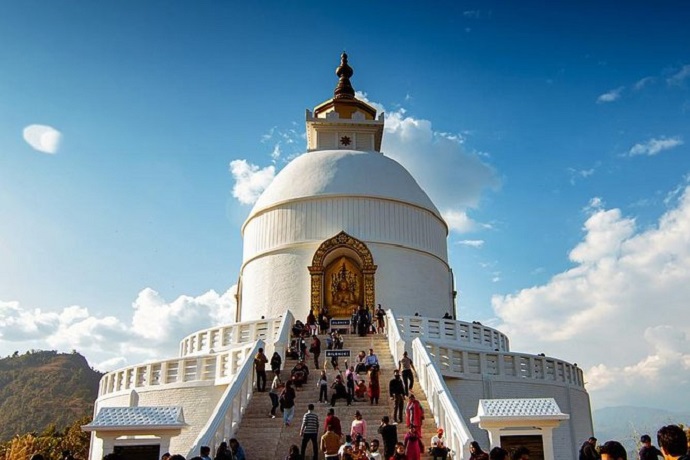
Peace Pagoda
The Peace Pagoda, also known as the Japanese Peace Pagoda, is one of the peace pagodas built on the slopes of the Jalapahar hills in Darjeeling to promote unity, harmony, and goodwill among people of many sects. It is known for its serenity and offers breathtaking vistas of snow-capped peaks, notably Kanchenjunga, making it a perfect location for peace and environment enthusiasts. Nichidatsu Fujii, a Japanese Buddhist monk, oversaw the construction of the Peace Pagoda. The foundation stone was placed on November 3, 1972, and the building was officially opened on November 1, 1992. It took M. Ohka 36 months to finish the project, which he designed.
Weather Condition
HAPPY VALLEY TEA GARDEN WEATHERThe Ideal Plan
The distance from Siliguri is 64.3 kilometres. Between March and November is the optimum time to visit this estate. Tea plucking does not take place during the winter months, hence the tea factory is closed from November to February. From 9:30 a.m. to 4:30 p.m., a guided tour of the Happy Valley Tea Estate in Darjeeling is offered every day. The tour takes you into the tea garden and shows you all the phases of tea processing with detailed methods, giving you a wonderful peek into the intriguing manufacturing process of tea. The tour will cover the history of the Happy Valley Tea Garden as well as changes in the manufacturing of various types of tea over the previous few decades. As you walk through the numerous processing rooms, you'll notice several types of tea-making equipment. The tour also includes a tea tasting session, where you can sample the famed flavours of organic Darjeeling teas, ensuring that your stay is both worthwhile and relaxing. After that, you can visit Nightingale Park, Puttabong Tea Garden, Mahakal Temple, Lloyd Botanical Garden, and other local attractions.
- Nearest Railway Station: NJP
- Nearest Airport: Bagdogra






